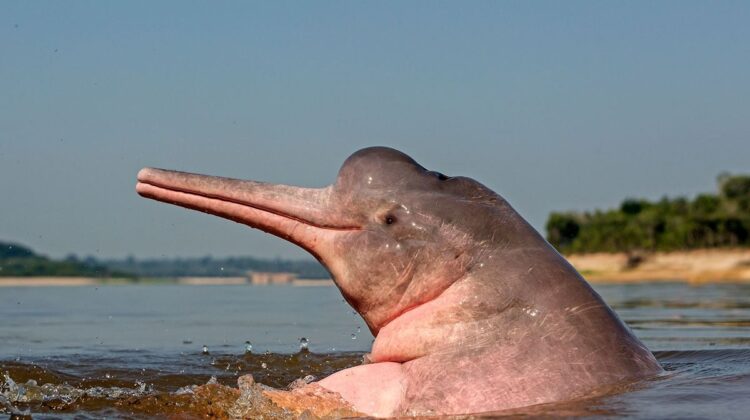
In a heartbreaking environmental catastrophe, the Amazon River has witnessed the tragic demise of over 100 pink river dolphins (Inia geoffrensis) in Brazil. These beloved aquatic creatures have succumbed to the perilous effects of climate change, as the water temperature in the Amazon River and its connected water bodies has surged to levels reminiscent of a Jacuzzi. A staggering 120 lifeless dolphin carcasses were found floating in Lake Tefé, sending shockwaves through the scientific community and environmentalists alike.
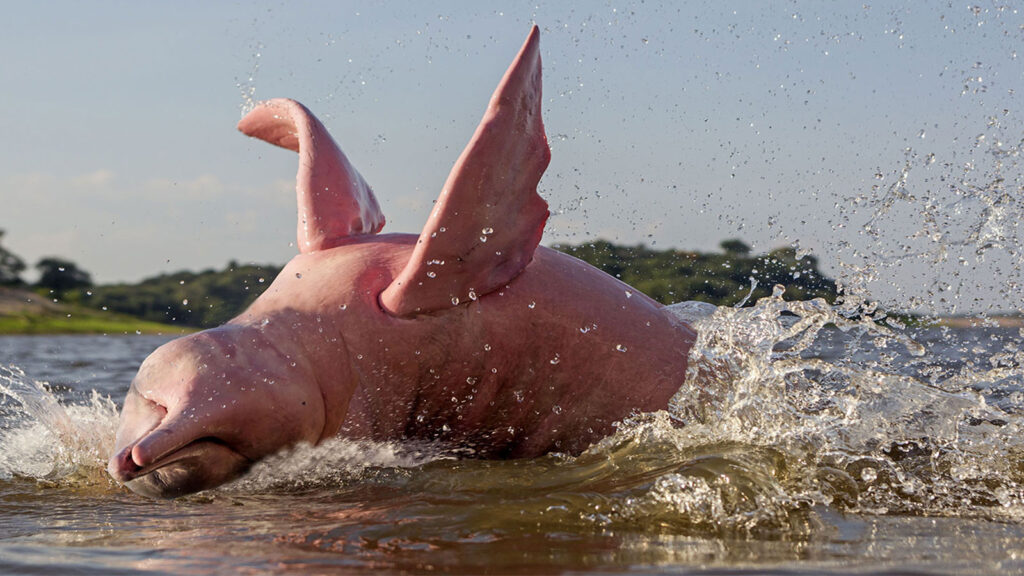
The Mamirauá Institute, a renowned research facility backed by the Brazilian Ministry of Science, has been diligently investigating this alarming situation. Their experts have concluded that the unprecedented deaths of these majestic creatures can be primarily attributed to two key factors: a historic drought and record-breaking water temperatures. In some areas, the water temperature has soared above 102 degrees Fahrenheit, equivalent to the sweltering heat found in a typical Jacuzzi. This extreme heat is not only intolerable for the delicate river dolphins but also diminishes the oxygen levels within the water, further exacerbating the dire conditions.
The Mamirauá Institute, in a statement shared by CNN Brasil, has emphasized that while it is still early in the investigation, there is a clear connection between this environmental catastrophe and the prolonged drought and extreme heat wave in the region. Amazon river dolphins, unique among the freshwater dolphin species, inhabit the waterways of South America. It is a bleak reality that this particular group of river dolphins may have already experienced a devastating loss of approximately 10 percent of their population within Lake Tefé.
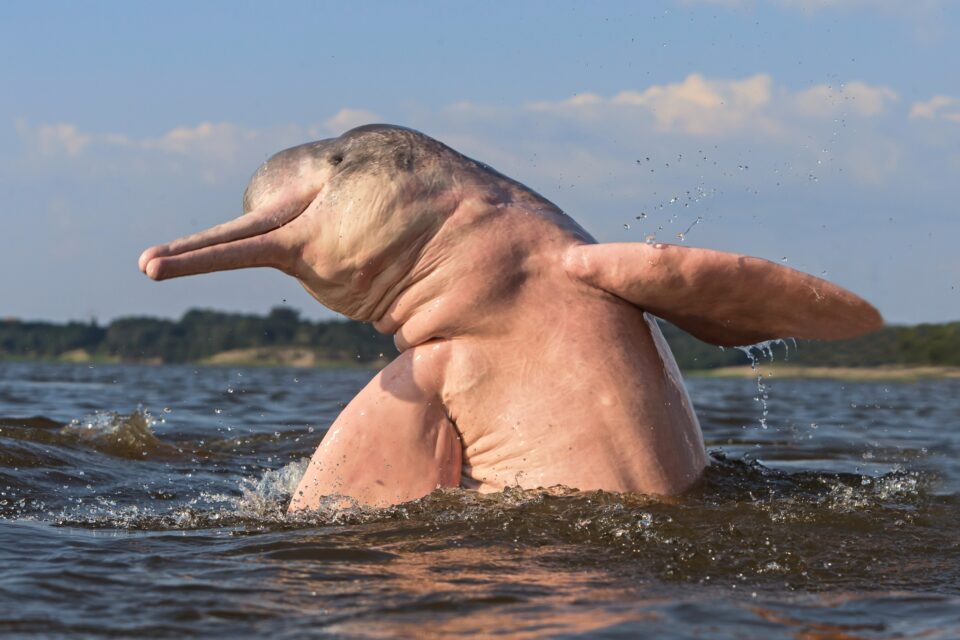
The survival of this remarkable species within the confines of Lake Tefé now hangs precariously in the balance, as emphasized by Mamirauá researcher Miriam Marmontel in remarks to Reuters. The repercussions of this tragedy extend beyond the loss of these enchanting creatures and have the potential to impact the entire ecosystem of Lake Tefé.
The heart-wrenching incident unfolds against the backdrop of the summer of 2023, which has unfurled as the hottest three months ever recorded in human history. This grim milestone underscores the devastating consequences of climate change, which manifest in the form of extreme weather events on a global scale. From widespread wildfires to intensified tropical storms and catastrophic flooding, the planet faces the wrath of a climate system pushed to its limits.
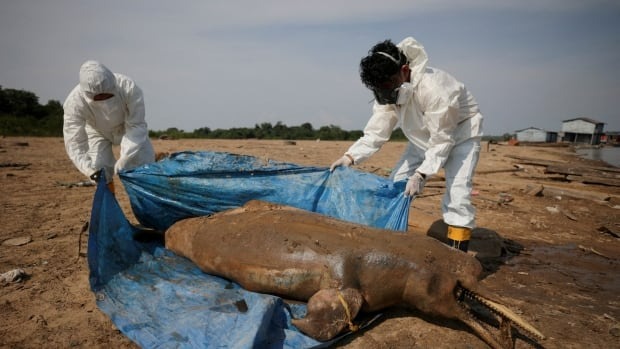
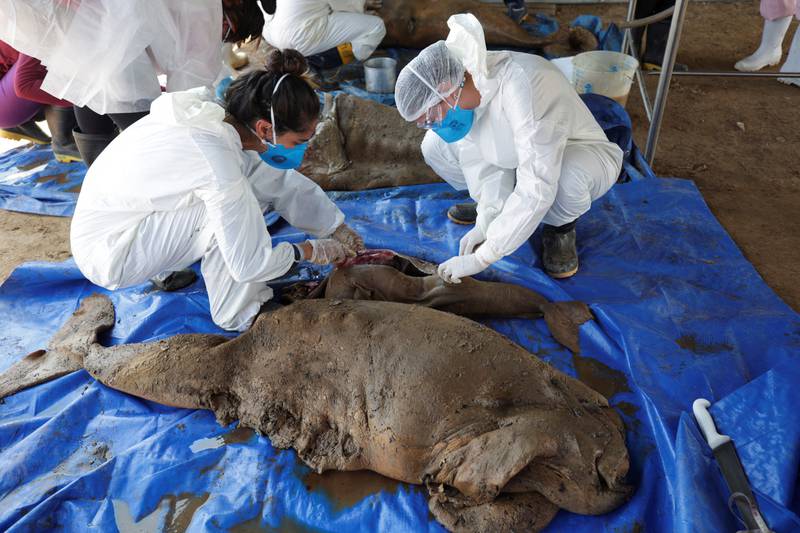
Amidst this turmoil, it is essential to remember that humans are not the sole victims of this unfolding climate crisis. Intelligent mammals like the pink river dolphins share the burden of suffering, illustrating the far-reaching impact of climate change on Earth’s diverse inhabitants. As we grapple with the consequences of a warming planet, the tragic loss of these magnificent creatures serves as a poignant reminder of the urgent need for global action to combat climate change and protect the delicate balance of life on our planet.

Leave a Reply